In the complex landscape of global finance, the intertwining of major banks with controversial activities continues to draw attention. Alleged ties between prominent financial institutions and companies involved in the sale of arms and military equipment have sparked ethical concerns among conscientious consumers.
This exposé aims to shed light on some of the major banks facing scrutiny for their associations with entities engaged in activities linked to geopolitical conflicts, prompting calls for individuals to reconsider their banking, employment, and investment choices. From Bank of America to Aviva, the following analysis provides insights into the alleged connections and suggests alternatives for those seeking financial institutions aligned with ethical values.
Bank of America
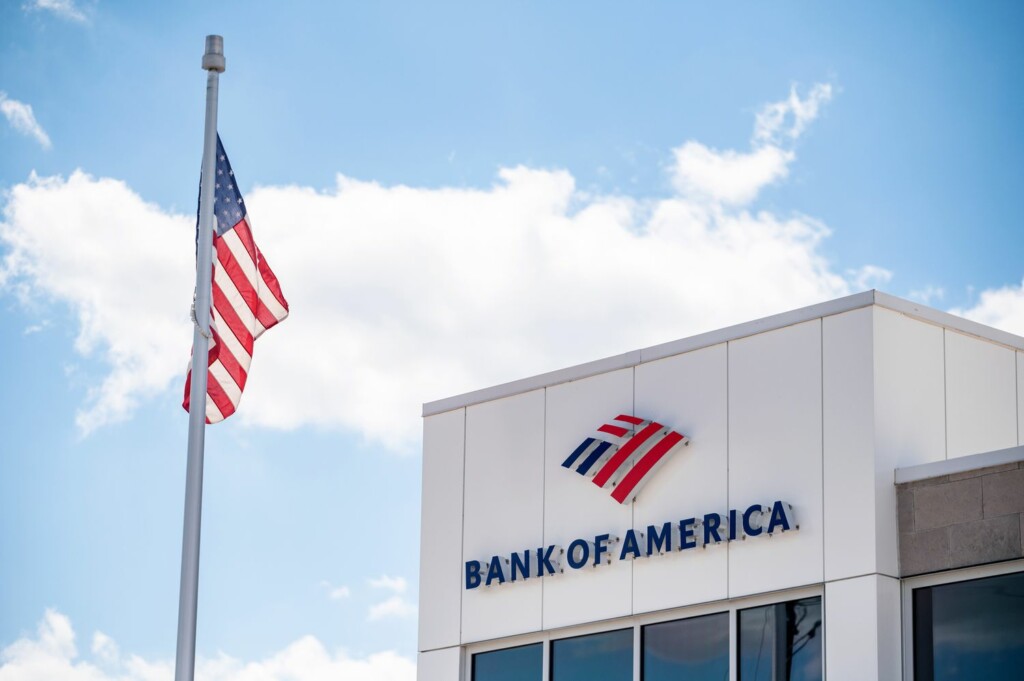
Bank of America, a prominent American multinational investment bank and financial services provider, drew criticism for its involvement in a $500 million loan deal with a consortium of lenders for Elbit Systems Ltd, an Israeli weapons manufacturer. In light of concerns surrounding the ethical implications of supporting companies associated with the arms industry, individuals are urged not to bank with Bank of America, avoid seeking employment opportunities with the institution, and refrain from making investments through them. While alternative options haven’t been researched yet, those seeking financial institutions aligned with their ethical values may explore alternatives to distance themselves from such controversial transactions.
HSBC
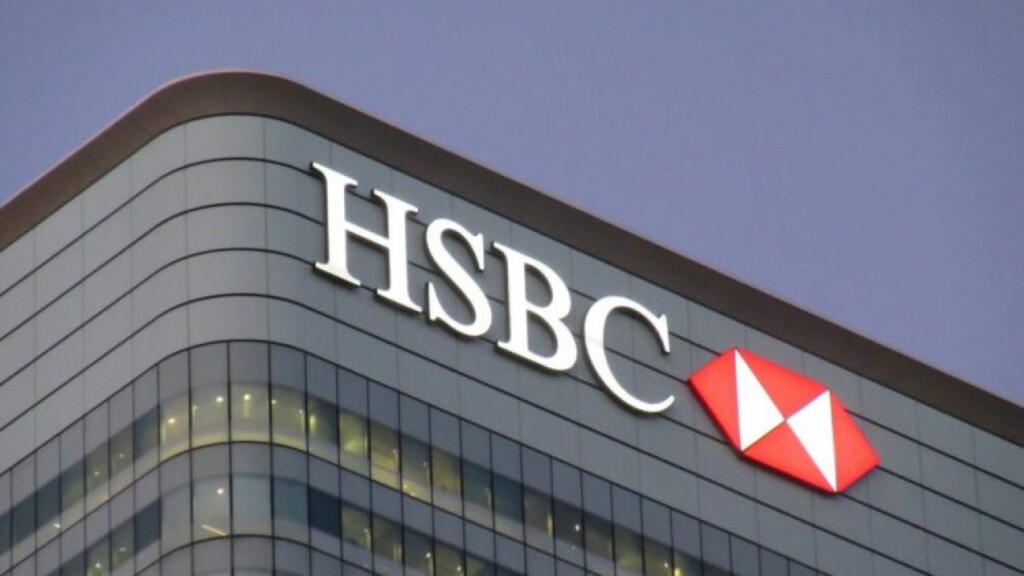
HSBC, headquartered in London, is facing scrutiny for its investments in companies associated with the sale of arms and military equipment implicated in the oppression of Palestinians. With a total shareholding value of £831.5 million in such enterprises, ethical consumers are advised to distance themselves from HSBC. This includes avoiding banking with HSBC, closing existing accounts, refraining from utilizing their lending options and credit cards, and abstaining from seeking employment with the bank. Opting for ethical alternatives like TSB Bank and Monzo Bank allows individuals to align their financial choices with a commitment to social responsibility and ethical banking practices, steering clear of institutions associated with controversial military activities.
Barclays
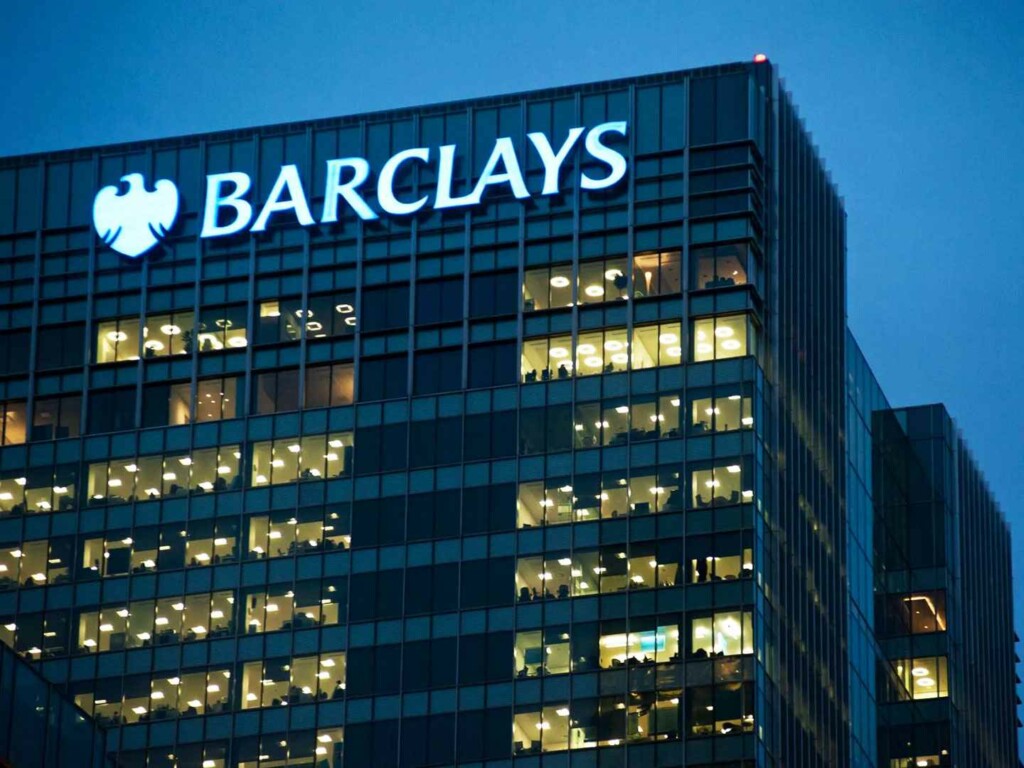
Barclays, a British multinational universal bank, faces criticism for investing in companies selling arms linked to the oppression of Palestinians. With a substantial shareholding value of up to £1,167.6 million in such companies, conscientious consumers are advised to disassociate from Barclays. This includes avoiding banking with Barclays, closing existing accounts, refraining from using their lending options and Barclaycard services, and avoiding employment with the bank. Alternatives such as TSB Bank and Monzo Bank provide ethical choices for those seeking to distance themselves from financial institutions associated with controversial military activities and support a more socially responsible banking approach.
Wells Fargo
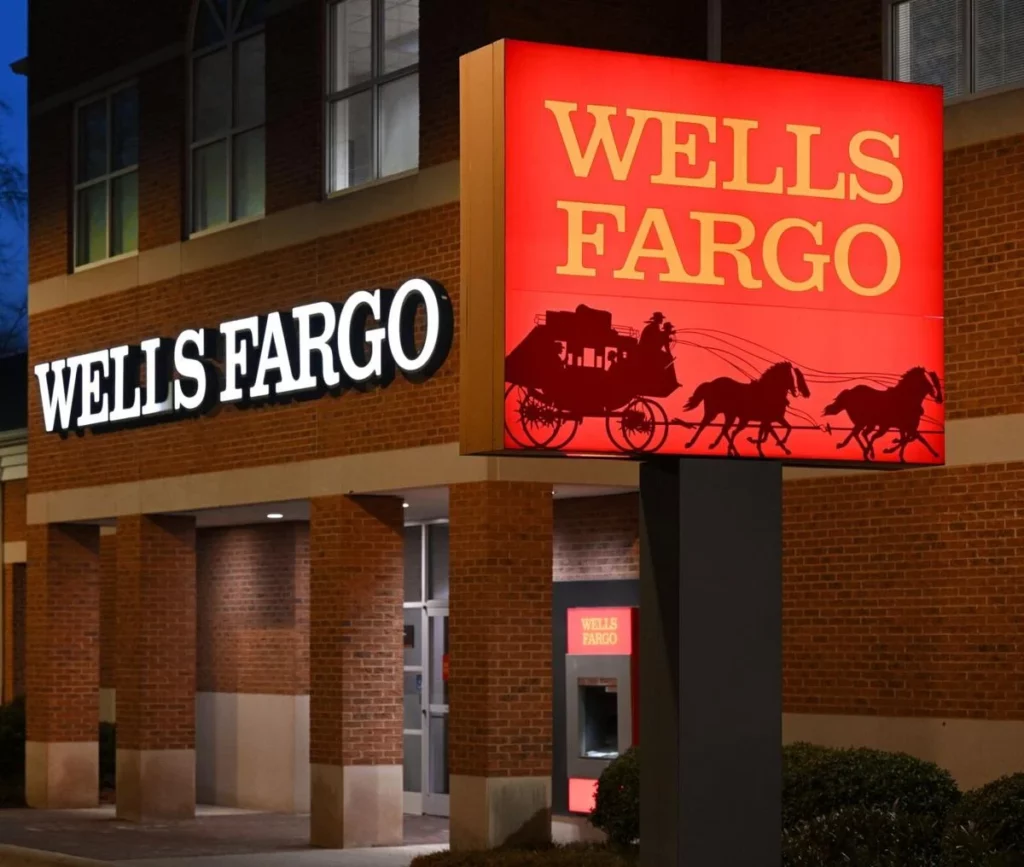
Wells Fargo, the American multinational financial services company, has faced criticism for its participation in a $500 million loan deal supporting Elbit Systems Ltd, an Israeli weapons manufacturer. In response, there are calls to avoid banking with Wells Fargo, reject employment opportunities, and refrain from investments with the institution. While alternatives haven’t been extensively researched, individuals are encouraged to explore ethical banking options aligned with responsible financial practices.
BNP Paribas
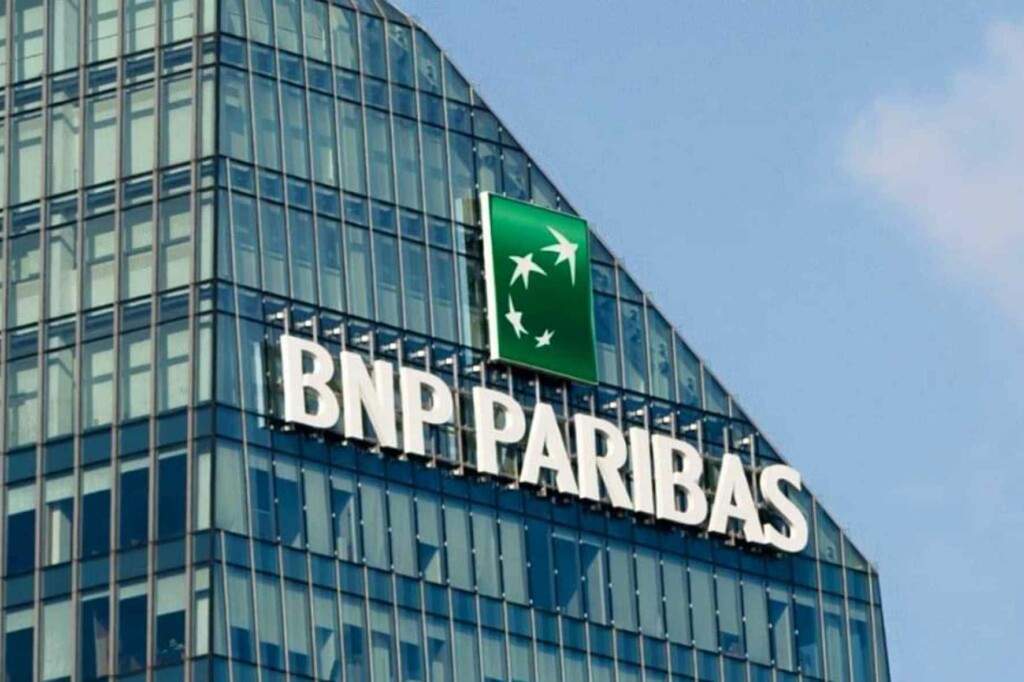
BNP Paribas, a French multinational bank, faced criticism for its involvement in a $500 million loan deal with a consortium of lenders for Elbit Systems Ltd, an Israeli weapons manufacturer. In light of ethical considerations, individuals are advised to refrain from banking with BNP Paribas, avoid seeking employment with the institution, and abstain from making investments through them. While alternatives haven’t been researched, those concerned with ethical banking practices may explore other options in the financial sector.
Scotia Bank
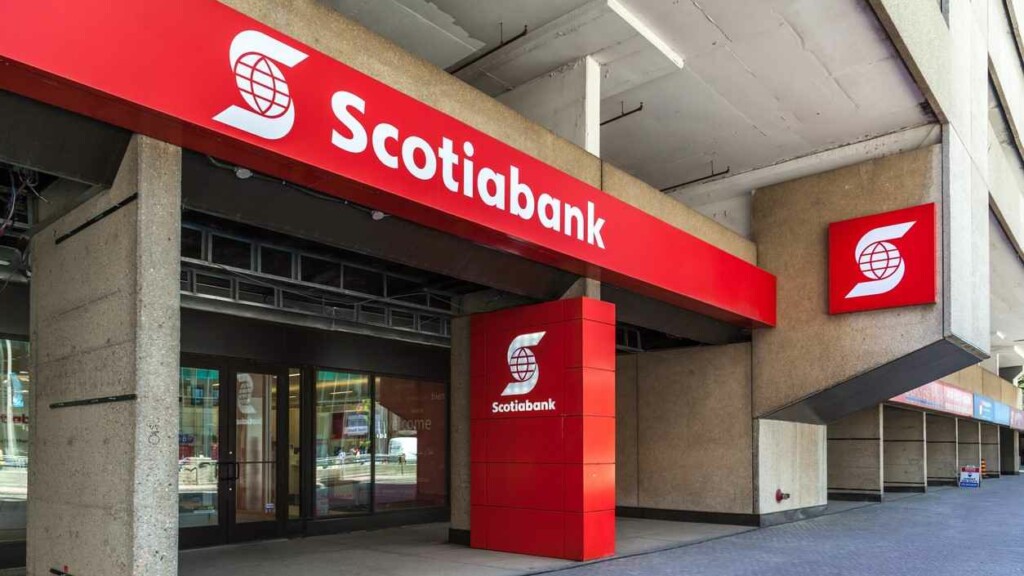
Scotiabank, a Canadian multinational banking and financial services company, has faced criticism for its asset fund’s $500 million investment in Elbit Systems Ltd, an Israeli weapons manufacturer. Ethical concerns have prompted calls to avoid banking with Scotiabank, steer clear of employment opportunities, and abstain from investments with the institution. While alternatives have not been extensively researched, individuals are encouraged to explore ethical banking options that align with responsible investment practices.
Lloyds Bank
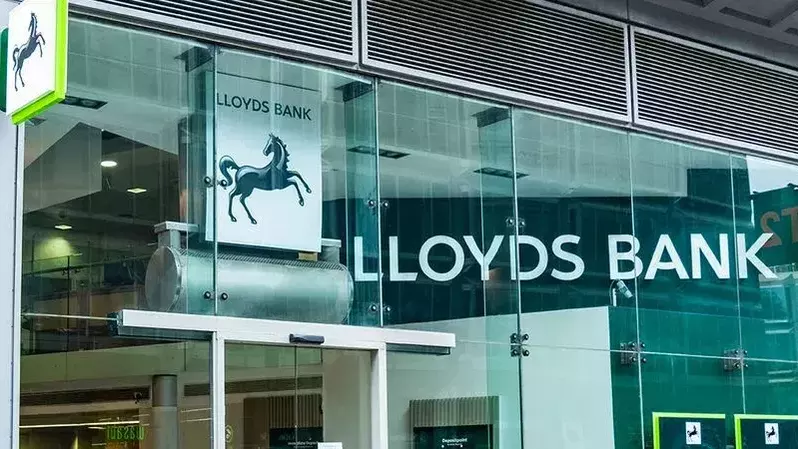
Lloyds Bank, a British retail and commercial bank, is criticized for investing in companies involved in selling arms to Israel, contributing to the oppression of Palestinians. Ethical consumers are advised to avoid banking with Lloyds, close existing accounts, refrain from using lending options and credit cards, and avoid employment with the bank. TSB Bank and Monzo are suggested ethical alternatives for those looking to distance themselves from institutions associated with controversial military activities.
Check Out: Top Retailers Under Scrutiny for Suspected Support of Israel
Standard Life
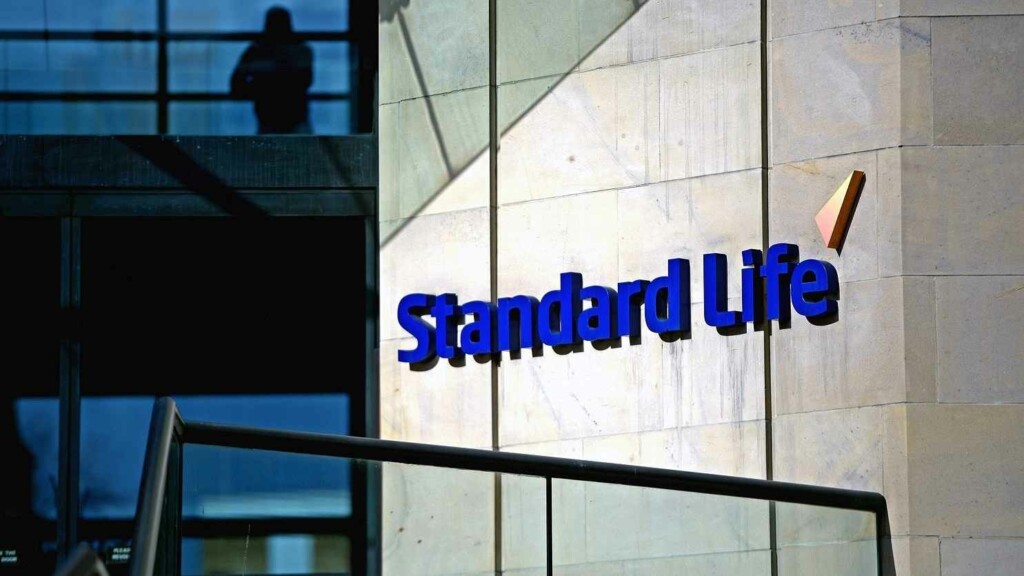
Standard Life, a significant player in life assurance, pensions, and long-term savings in the UK, is under scrutiny for its investments, totaling up to £1,304.2 million, in companies selling arms used in the oppression of Palestinians. Ethical consumers are advised to avoid saving or investing with Standard Life, divest pensions, refrain from using insurance products provided by the company, and steer clear of employment opportunities. While alternatives haven’t been researched yet, individuals concerned with ethical investments may explore other options to align their financial choices with values opposing support for controversial military activities.
RBS (Royal Bank of Scotland)
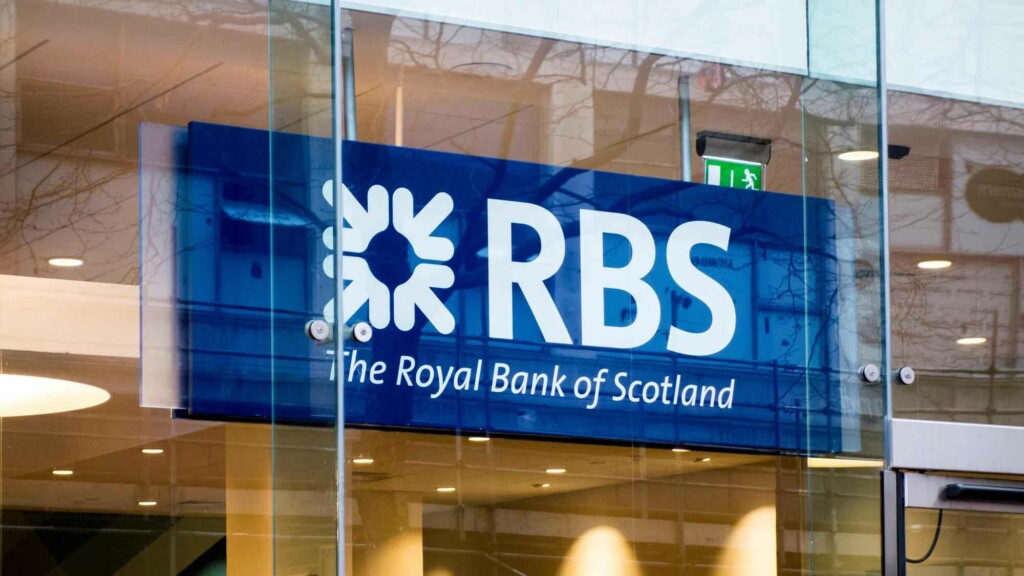
RBS, a major Scottish bank, has come under scrutiny for investing in companies selling arms linked to the oppression of Palestinians in Israel. Advocates for ethical banking are urging individuals to distance themselves from RBS by closing accounts, avoiding lending options, canceling credit cards, and refraining from employment with the bank. TSB Bank and Monzo Bank are suggested as ethical alternatives, offering individuals the opportunity to align their financial choices with values that prioritize social responsibility and ethical practices.
Capital One

Capital One, a prominent American bank specializing in credit cards, car loans, banking, and savings accounts, faced scrutiny for its involvement in a $500 million loan deal with a consortium of lenders for Elbit Systems Ltd, an Israeli weapons manufacturer. In light of ethical concerns, individuals are advised to avoid banking with Capital One, refrain from seeking employment with the institution, and abstain from making investments through them. While alternatives haven’t been researched, those with ethical considerations regarding their financial choices may explore alternative banking options in the industry.
AXA
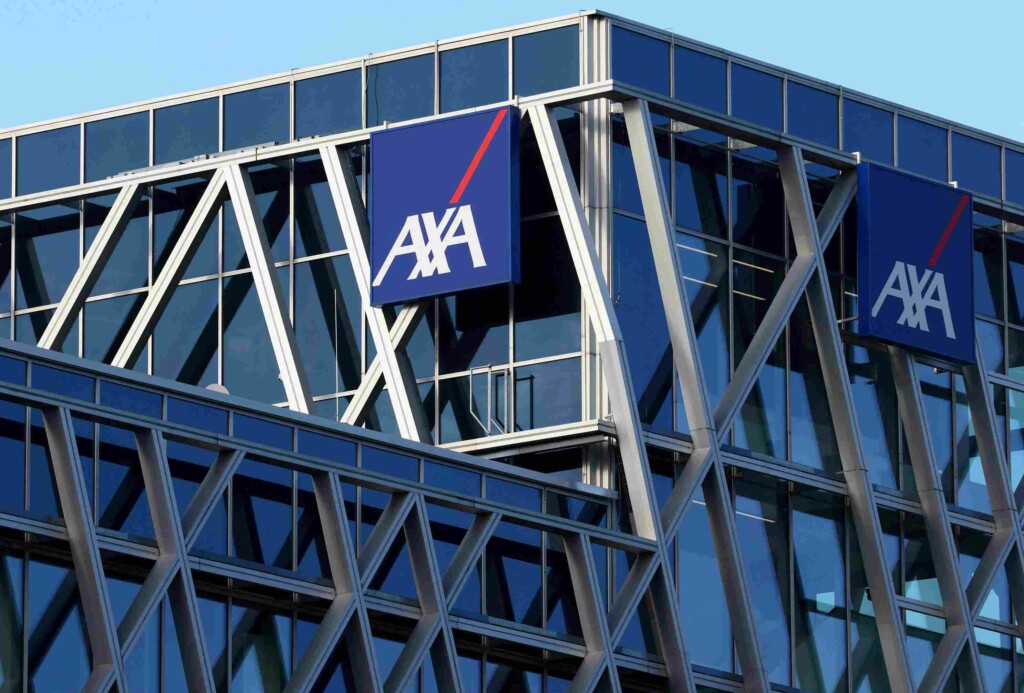
AXA, the French multinational insurance firm, faces criticism for ongoing investments in Israeli banks linked to the country’s occupation and apartheid in Palestine. To align with ethical considerations, it is advised not to choose AXA for insurance, to switch providers if already insured with them, and to avoid employment opportunities with the company. While alternatives haven’t been researched yet, individuals concerned about the ethical implications of their insurance choices may explore options that distance them from companies associated with controversial geopolitical situations.
Prudential

Prudential Assurance Company has formed an agreement establishing a Jewish National Fund Assurance Department, enabling the issuance of life and endowment policies through this London-based department at the Jewish National Fund headquarters. While providing an opportunity for supporters of Palestine to contribute without incurring extra costs and offering possibilities for capital investment in Palestine, Prudential’s extensive shareholdings, totaling up to £915.6 million, in companies providing Israel with weapons and military technology may raise ethical concerns for investors. Individuals seeking alignment with values that avoid supporting such connections might explore alternative financial institutions.
Schroders
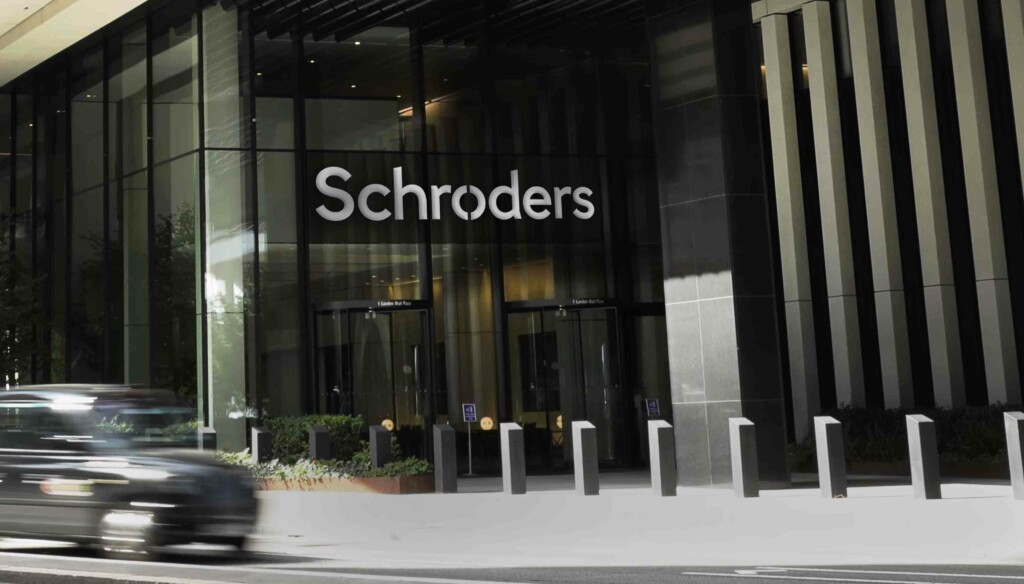
Schroders, operating in Israel for over a decade, emphasizes its commitment to local clients by striving to deliver optimal performance and opportunities across the country. The company’s focus on working in clients’ best interests, minimizing uncertainty, and leveraging the full scope of the Schroders group underscores its dedication to maximizing portfolio growth. However, investors may raise ethical considerations due to Schroders’ substantial shareholdings, totaling £917.6 million, in companies associated with Israeli weapons and military technology. This may prompt individuals to explore alternative investment options aligning with their ethical values.
Explore More: Finance Companies and Their Israel Connections
Investec
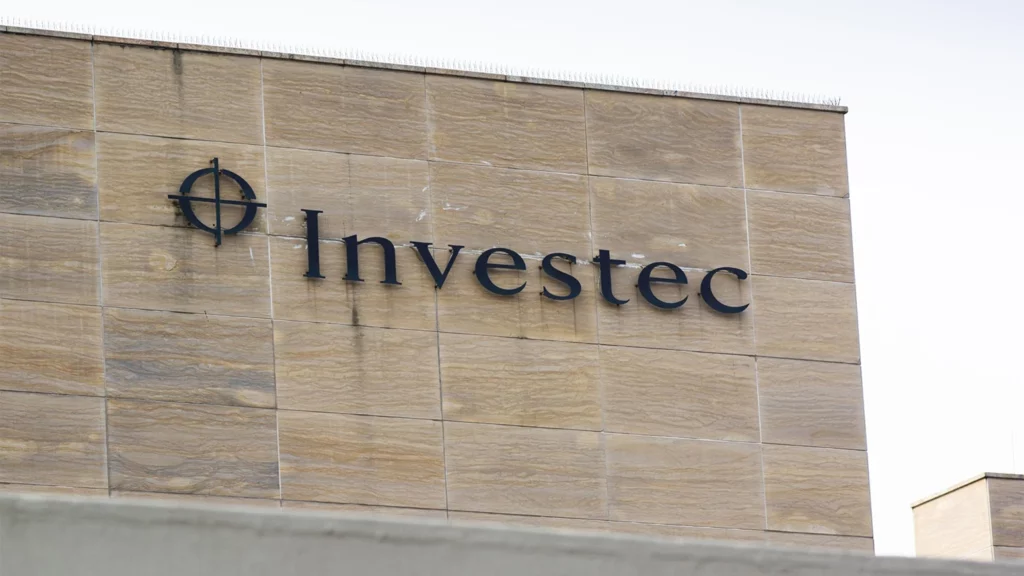
Investec, a financial institution, recently collaborated with an Israeli bank to finance a London development project, backed by Israeli billionaire Teddy Sagi. This partnership raises ethical concerns about supporting initiatives linked to controversial figures and geopolitical issues. Furthermore, Investec holds substantial shareholdings, totaling up to £389.4 million, in companies providing Israel with weapons and military technology. Ethical investors may consider alternative financial institutions to align their choices with values that avoid supporting such connections.
Bank of Montreal
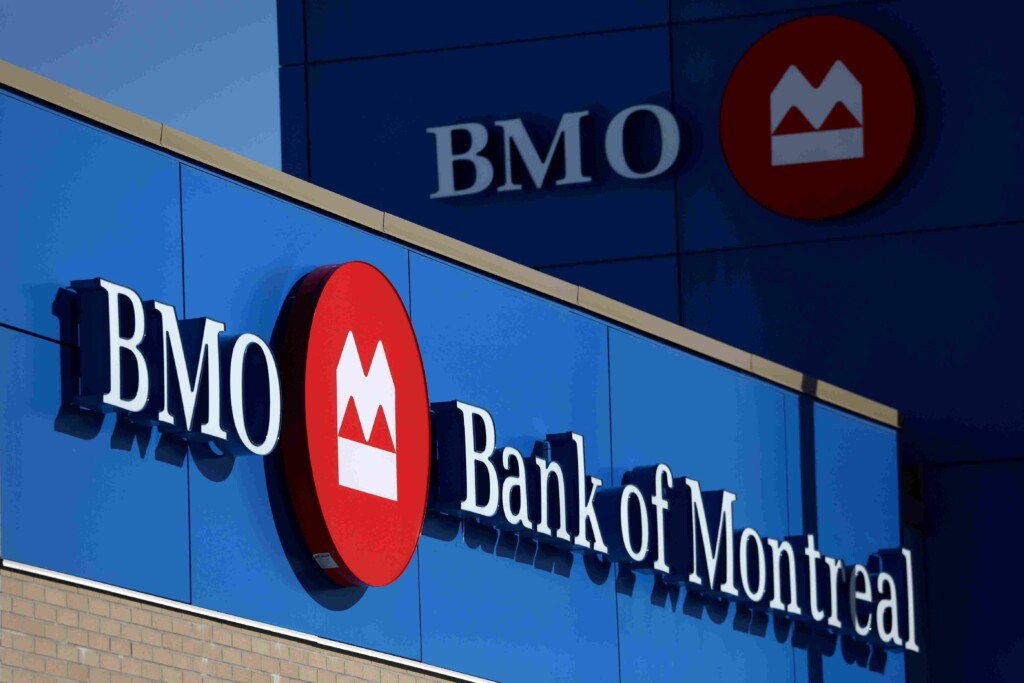
Bank of Montreal, a Canadian multinational bank, came under scrutiny for its $90 million contribution to a $500 million loan deal with a consortium of lenders for Elbit Systems Ltd, an Israeli weapons manufacturer. To align with ethical considerations, individuals are advised against banking with Bank of Montreal, refraining from employment with the institution, and avoiding investments through them. While alternatives haven’t been researched, those concerned with ethical banking may explore other options.
Legal & General

Legal & General, a prominent financial services and asset management company based in London, faces criticism for investing up to £4,520.9 million in companies selling arms used in the oppression of Palestinians. In response, individuals concerned with ethical investments are urged to avoid investing with Legal & General, divest pensions, refrain from using insurance products, and avoid employment with the company. While alternatives haven’t been researched yet, individuals are encouraged to explore ethical investment options that align with their values, steering clear of institutions associated with controversial military activities.
Aviva
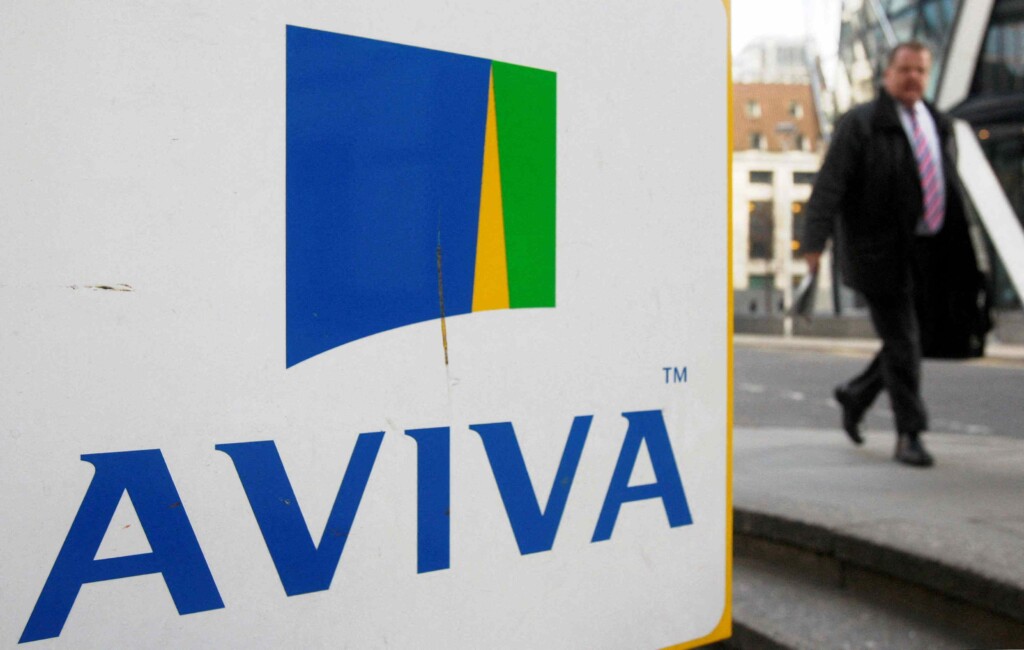
Aviva, the UK’s largest insurer and a major life and pensions provider, is facing criticism for investing in companies selling arms to Israel, implicated in the oppression of Palestinians. With shareholdings totaling £801.2 million in such companies, individuals are urged not to retain pensions with Aviva, avoid using their insurance products, and refrain from seeking employment with the company. Ethical consumers are encouraged to explore alternatives among local ethical investment providers and insurers, aligning their financial choices with ethical considerations to distance themselves from associations with controversial military activities.
As we unveil the intricate connections between major banks and entities involved in controversial activities, it becomes imperative for conscientious consumers to consider the ethical implications of their financial choices. From the involvement of Bank of America in a $500 million loan deal to Aviva’s substantial investments, the need for transparency and responsible banking practices is evident.
Individuals are urged to explore alternative banking options, such as TSB Bank, Monzo Bank, and other ethical institutions, to align their financial choices with values that prioritize social responsibility and ethical business practices. In a world where financial decisions can carry profound ethical consequences, choosing institutions that distance themselves from controversial military activities becomes a powerful means to contribute to a more just and responsible global financial landscape.

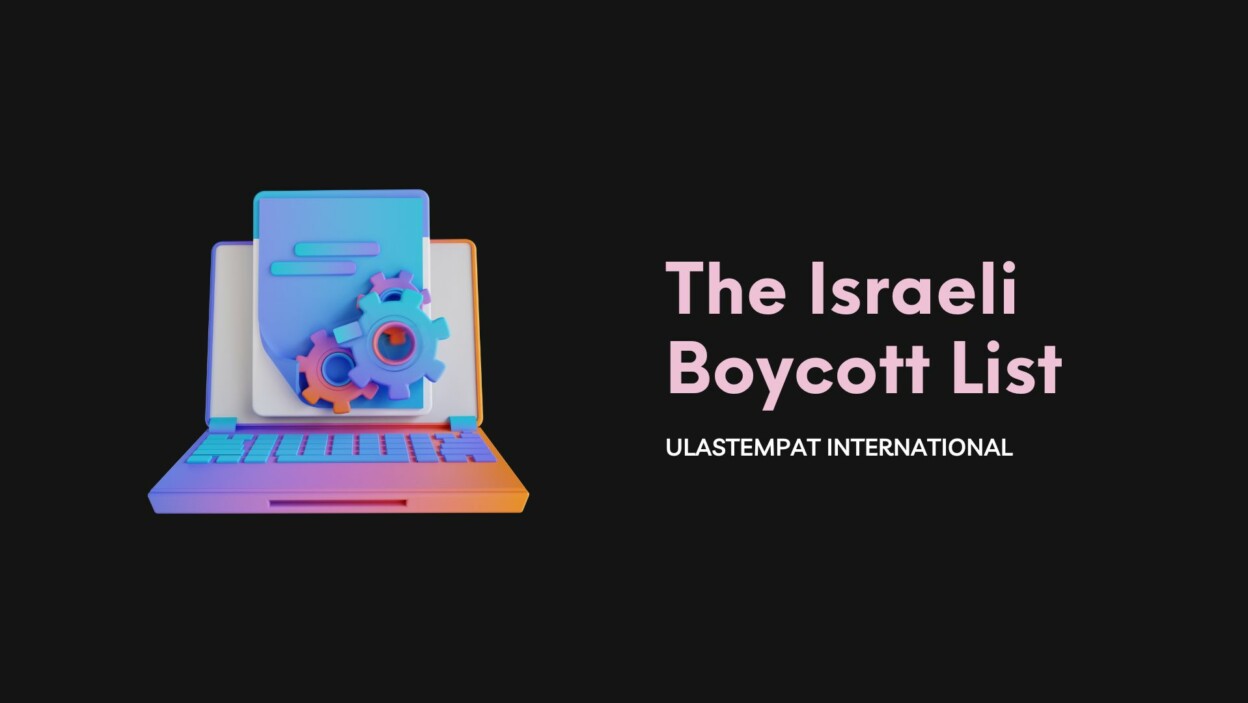
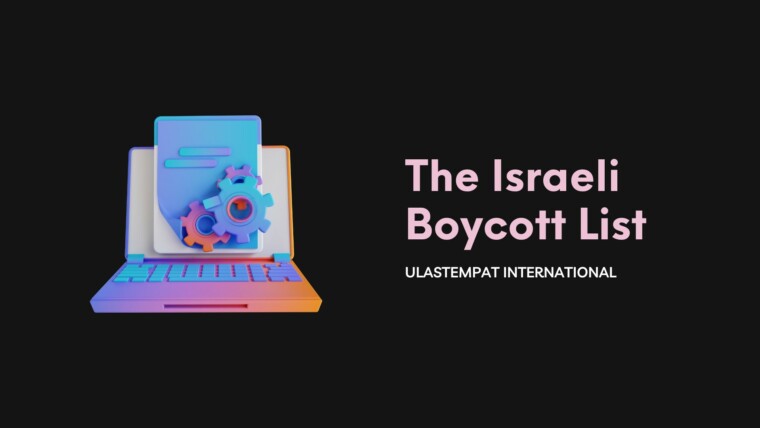
Does Red Bull Support Israel? Decoding the Unraveled Connection
Companies That Support Israel: A List to Avoid
Fast Food Chains Aligned with Israel Support
Boycott List: Fashion Companies Supporting Israel You Should Be Aware Of
Does These Firearms Support Israel? Exploring the Unraveled Connection
Does These Tech Brands Support Israel? Decoding the Unraveled Connection
Does These Filmography Support Israel? Understanding the Intricate Ties
Does These Online Business Support Israel? Exploring the Unraveled Connection